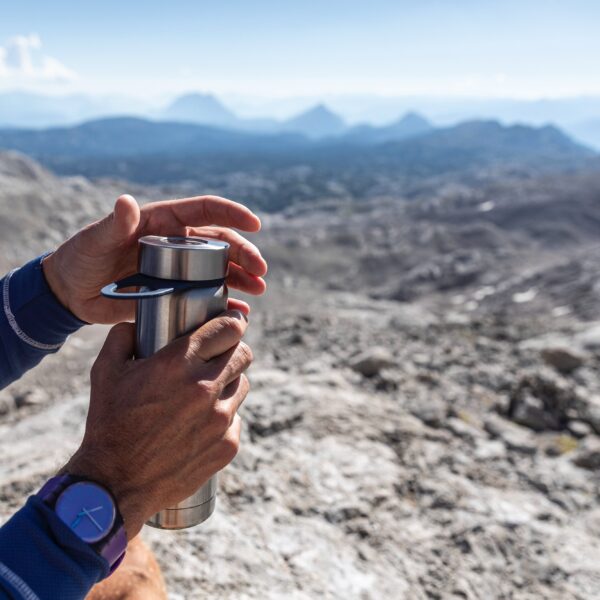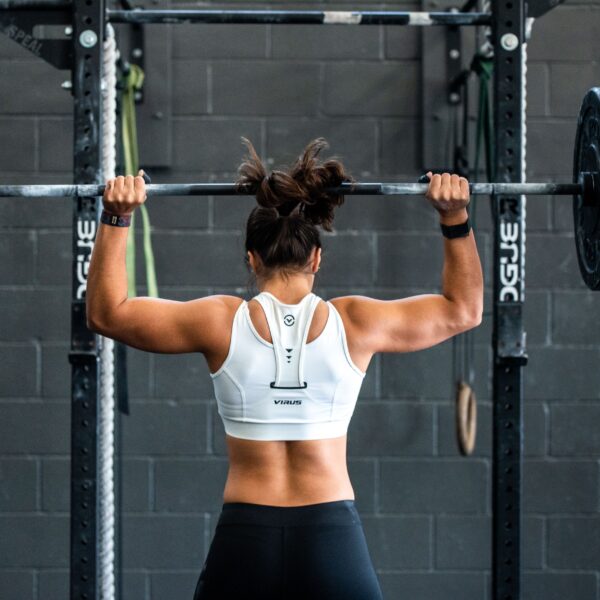Most of us don’t usually think too much about breathing when we are exercising, but it plays an important role when it comes to health and fitness. Breathing mindfully during exercise allows your body more control, keeping you calm and alert throughout your workout so you can actively engage all your muscles. It might even give you the ability to lift more. We’ll be taking a look at why it’s so important to optimise breathing whilst we exercise below.
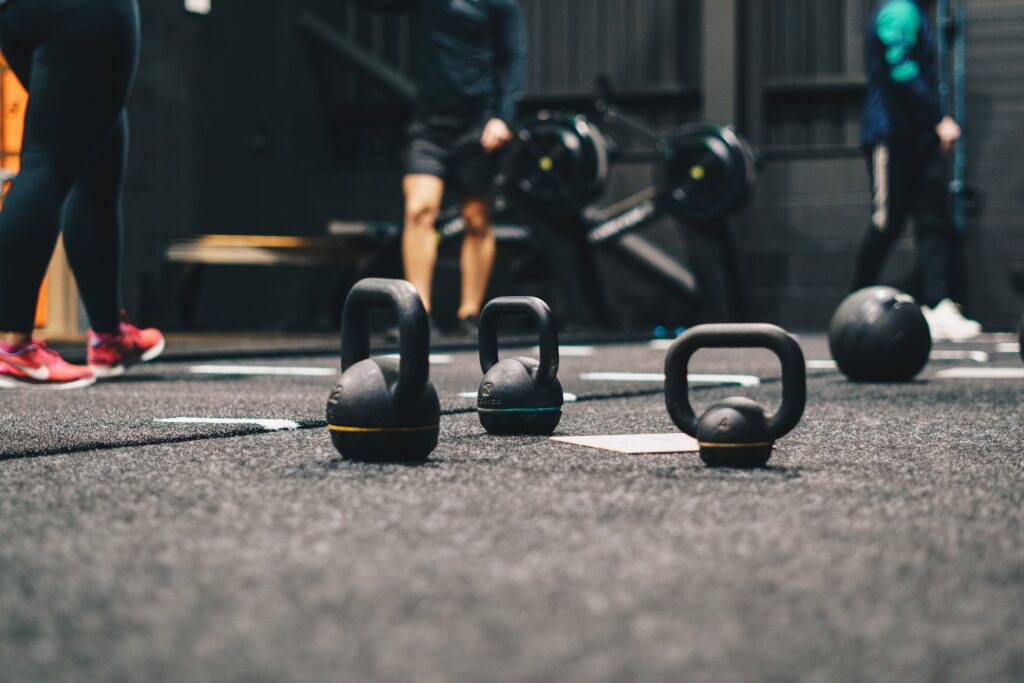
It Increases Muscle Engagement & Strength
Having good technique during exercise helps focus and control due to the biochemical and biomechanical exchange occurring. In aerobic exercises, it’s all about consistency. For movements like yoga, big and slow breaths are best.
For strength training, the rule of thumb is to breathe in through the nose during the eccentric motion (where the target muscle is lengthening) and exhale through the mouth during the concentric (muscle-shortening) phase. An example would be to inhale during the downward motion of a squat and exhale during the rising up motion from the squat.
Staying in tune with this breathing can even help ensure you’re not lifting weight that’s too heavy for you. If you find yourself grunting or pausing in breath, it might be an indication that you’ve jumped too high in weight.
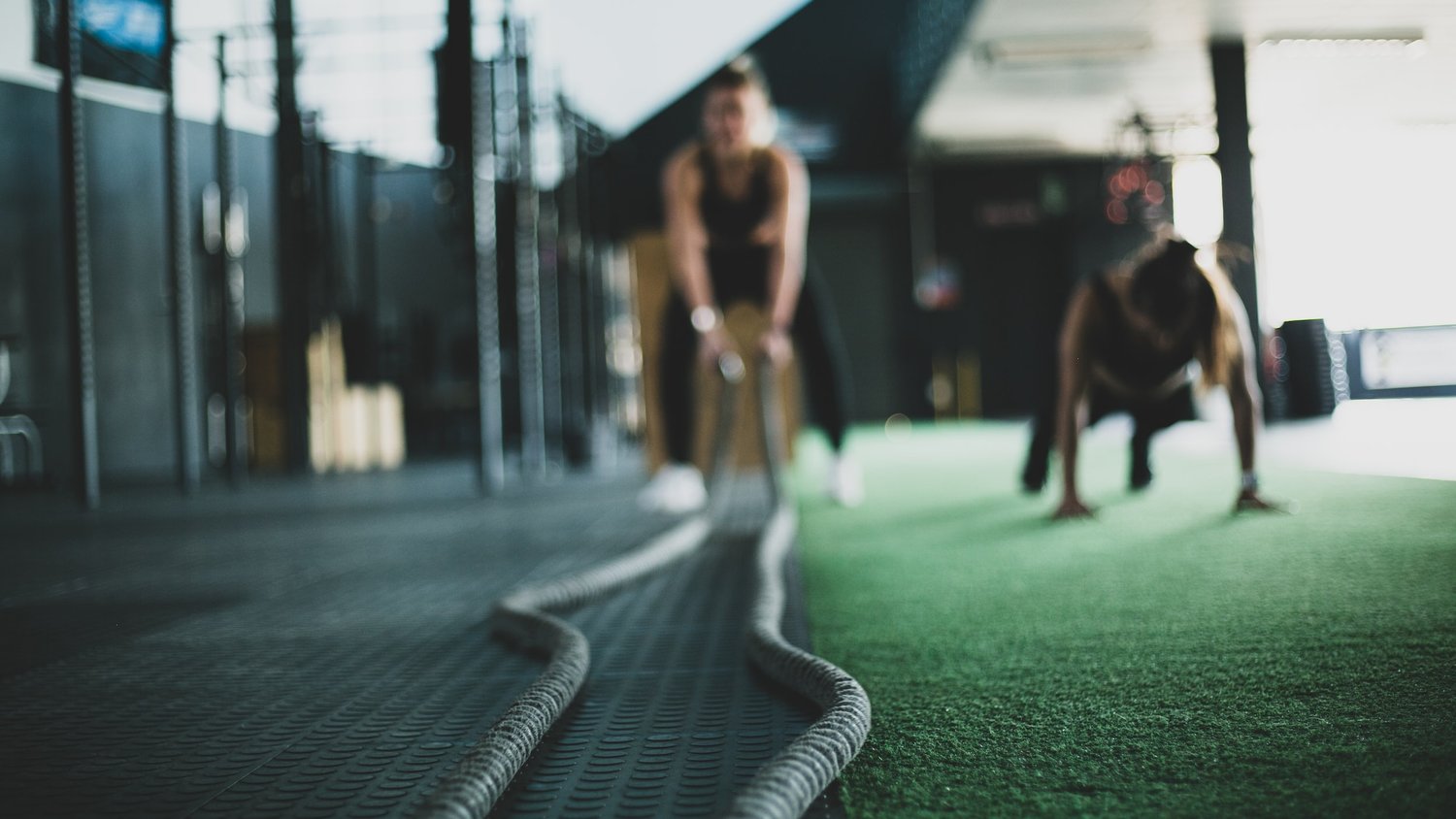
It helps with recovery
The benefits of exercise in terms of changes to your body composition are well understood to actually occur during recovery. It turns out breathing is also relevant to this all-important phase of an exercise regimen. Slow, deep breathing can be incorporated as a post-workout recovery activity. It quickly lowers stress levels that were raised during the workout, accelerating the important metabolic shift into the recovery state. This is why having a cool-down phase is so important, it enables the body to recover from the workout in a slow and gradual way.
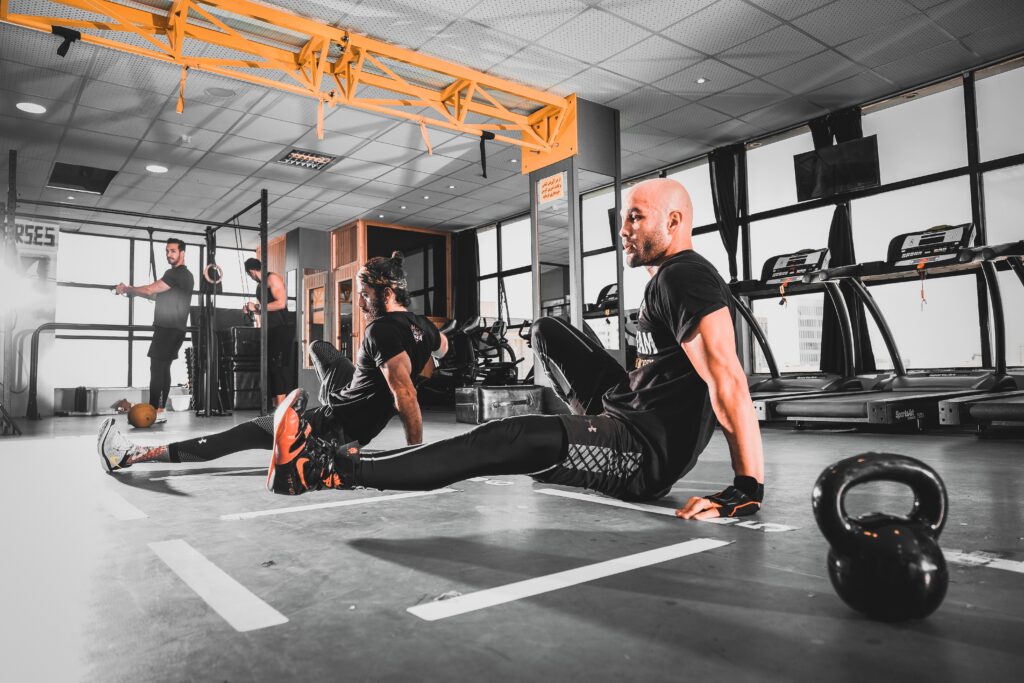
Not breathing is dangerous…duh!
This one should be obvious, but it’s amazing how many people become so focused on a movement during strength exercises such as lifting and push-ups that they forget to breathe at all. Sudden and intense effort can cause your blood pressure to spike — especially if you hold your breath. Not breathing at a moment when your body is under stress and pressure is high can lead to nausea, dizziness, or in very extreme cases a heart attack.
Instead, use your exercise as a time to practice deep breaths. Deep breaths can lower your blood pressure and enhance relaxation.
Get connected to your breath with breathing techniques — like the ones detailed here — and become more cognizant of how and when to breathe during strength training.

